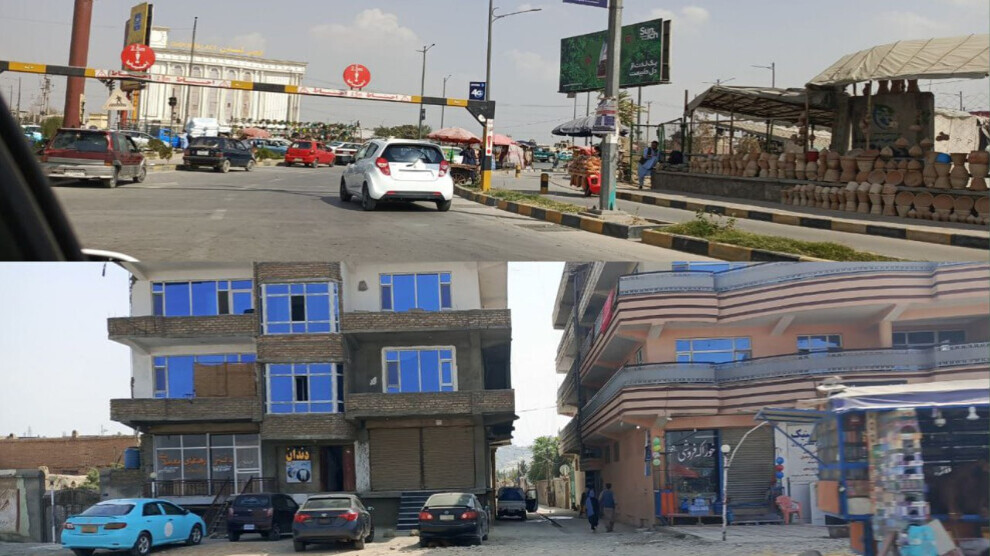A Digital Blackout in Afghanistan: 74 Hours of Paralysis and Fear

Afghanistan — For the past four years under Taliban rule, Afghanistan has felt like an open-air prison for 30 million people, who endure daily psychological torment and crushing pressures. In this harsh reality, suffering extends far beyond the denial of women’s most basic rights — it is woven into a fabric of killings, enforced disappearances, poverty, unemployment, and an unending chain of crises.
This week, the country was plunged into complete paralysis when the internet and telecommunications networks were cut off nationwide for 74 consecutive hours. Flights were grounded, border crossings sealed, banks and government offices closed, and even online education ground to a halt. Families inside and outside Afghanistan were abruptly cut off from one another, as humanitarian services nearly collapsed. Fear and confusion spread quickly, with many Afghans wondering what might come next.
When the blackout finally ended after more than three days, the relief was tempered by trauma. For many, it revived haunting memories of the Taliban’s sudden return to power four years ago — the same atmosphere of dread and uncertainty came rushing back.
Politically, the blackout coincided with new tensions: Washington reportedly requested control over the former Bagram airbase, only to be met with rejection from both China and Russia. For decades, global powers — the U.S., NATO, and Afghanistan’s neighbors — have poured money and influence into the country, propping up local elites and vying for leverage. But for ordinary Afghans, this endless “cold war” has only deepened the misery.
Women were hit hardest during the 74-hour shutdown. Many rely on online education programs to continue their schooling or university studies; suddenly, they feared losing access to the only opportunities left to them. Others who work remotely lost their sole source of income overnight. For countless Afghan women, this wasn’t just an internet outage — it was another cruel reminder of how fragile their futures have become under Taliban rule.
The blackout also silenced entire cities. Kabul’s normally bustling bazaars fell eerily quiet, resembling ghost towns. Only grocery stores and medical centers stayed open, while most businesses closed their doors. Residents described the capital as lifeless, its pulse cut off by invisible hands.
No official explanation was provided by the Taliban, though local media and residents speculated. Some claimed the outage overlapped with behind-the-scenes negotiations over Bagram. Others — including sources within Taliban intelligence — suggested it was part of a mass surveillance campaign, aimed at monitoring smartphones and apps such as WhatsApp. Women, however, see it differently: another step in the Taliban’s broader strategy to isolate them, stifle education, and keep society under control.
The consequences of the blackout go far beyond disrupted businesses or halted social contact. It struck directly at Afghanistan’s youth and women — those who dream, study, and work through fragile connections to the outside world. Once again, they were reminded how easily their hopes can be erased with the flip of a switch.
As always, the true victims are those who have no voice in the global chess game being played over their country. Women, children, and the marginalized remain trapped in cycles of loss and exclusion, forced to bear the heaviest costs of political maneuvering they never chose.
